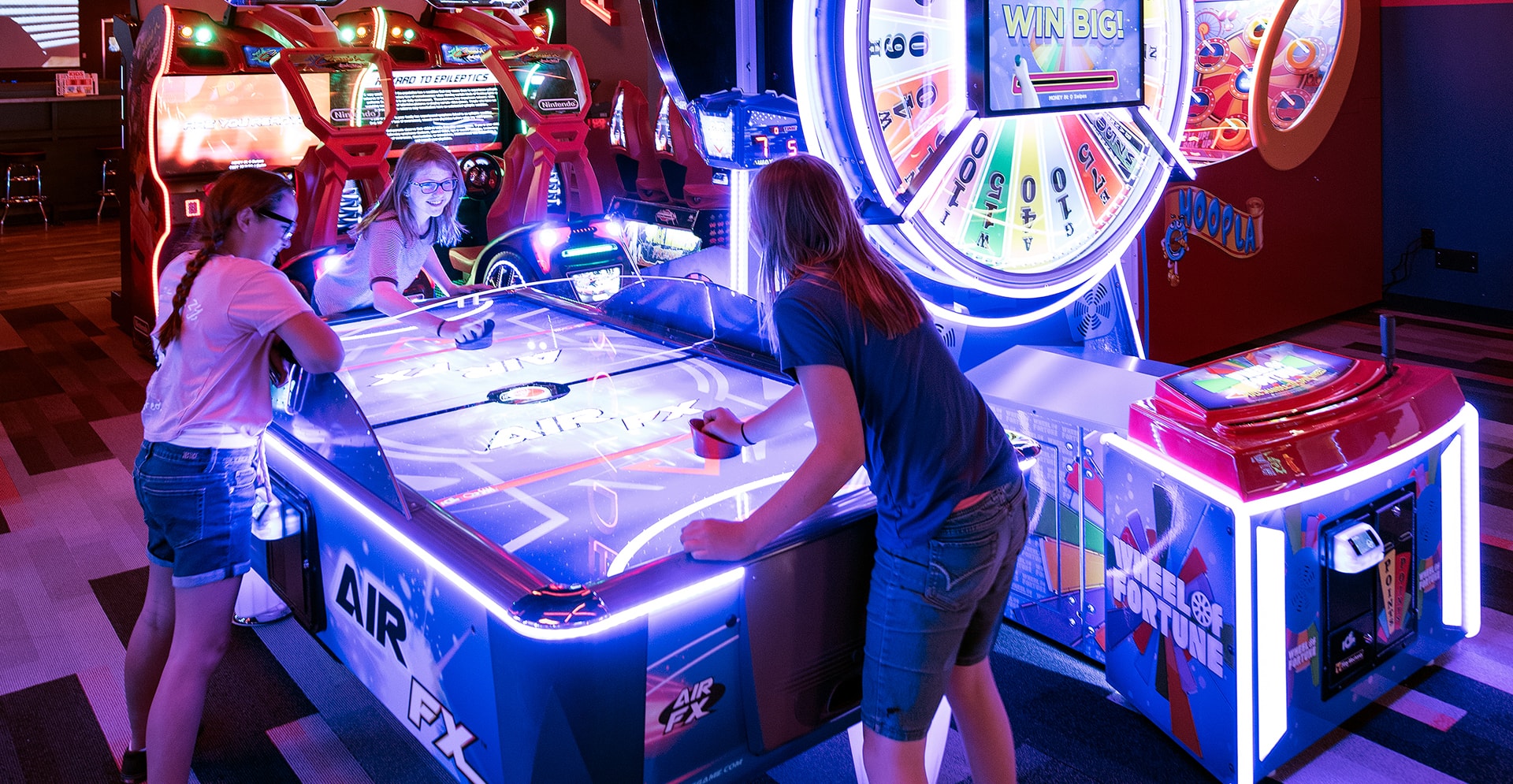Gen Z’s new expectations will transform the customer into a collaborator.
Every generation is a reflection of the culture of their time, which gives form to new habits that diverge from those of previous generations. In turn, these changes have an impact on how we engage with the built environment. The rise of the internet, social media, and e-commerce revolutionized retail in a way that was quickly embraced by millennials. Now, as we prepare for what is next, we look to Gen Z for how to adapt and breathe new life into brick-and-mortar experiences.
Gen Z’s economic power is the fastest growing across all generations, and their global income will surpass millennials’ income by 2031. In terms of store renovation cycles, that is only one or two renovations away. For new builds, that moment will occur in the same amount of time that it will take to construct a development. As we plan for what is next, we need to understand the Gen Z drivers as the soon-to-be dominant spending power in the world.
Beyond aligned values, retailers will be most successful if they invite Gen Z to collaborate in their efforts to shape experiences. If customers can create universes online or ignite a social movement through a social media app, then they can also revolutionize the brick-and-mortar experience. Gen Z wants ultimate control over their lives and rejects any attempt to put them in a one-size-fits-all box. Instead, if retailers invite Gen Z to co-create the future space and experience of stores, Gen Z will see themselves as a collective of content creators who are invested in the use and identity of a place.
Gen Z embraces more fluid identities and refuses to be typecast as only one type of person. Brands have the opportunity to fulfill many of their desires and, rather than narrow their target customer, should lean in and diversify by embracing variety and choice. Retailers that create space for ambiguity and newness rather than standardization will transform a visit to the store from an order fulfillment task into an experience that is not to be missed.

As we envision the store of the future, Gen Z’s fierce combination of advocacy, identity fluidity, and global perspective will create an opportunity for brands to design spaces that can flex their own identities. Stores will be spaces to collaborate and share ideals. The next generation coming to power will demand power be shared, and brands and stores will be the perfect platform to strengthen that power.







